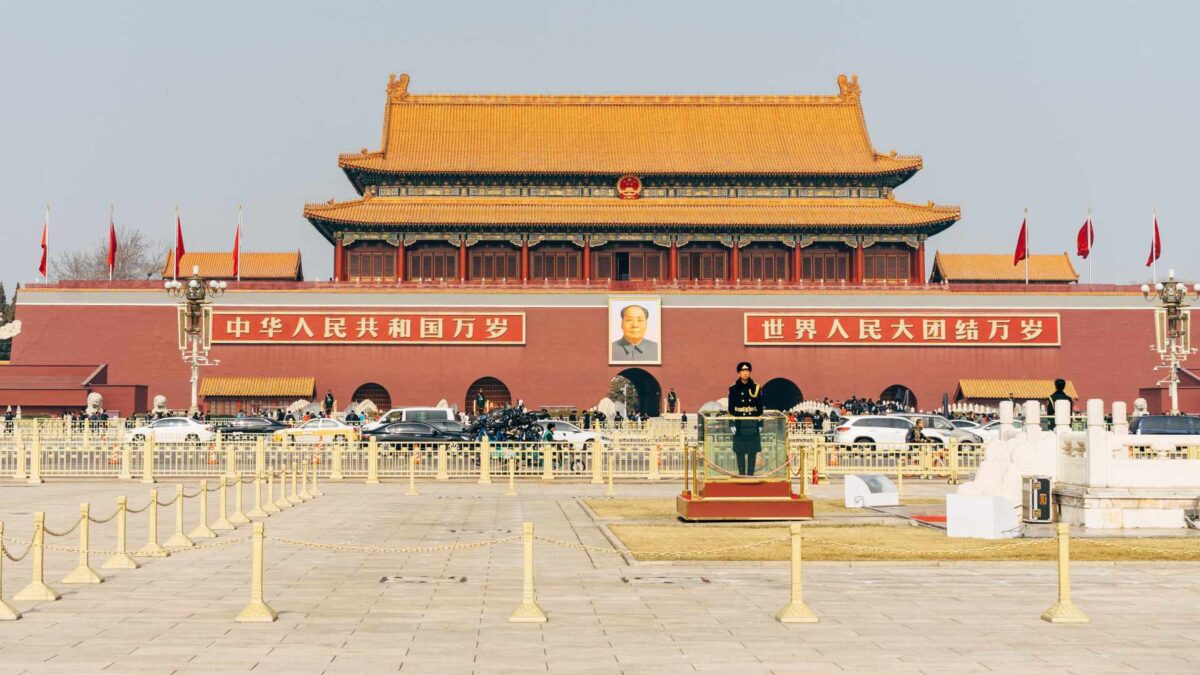1989
“1989 saw how China became the great unmasker: a Caesar-like Government based on the autocratic control of the main information technologies”

Markus Winkler | Unsplash
Paradoxically, 1989 brought the end of History and the beginning of another story [historia], that is not 2001 —with the clash of civilizations heralded by the attack on the Twin Towers—, but, rather, the origin of our present crisis. 1989 saw the fall of Soviet Communism, with the corresponding triumph —which seemed incontestable at the time— of liberal democracy, be it in its Anglo-Saxon dimension or the continental European one. For a little over a decade you might say that Kant’s dream of perpetual peace, based on a curious equilibrium of democracy, seemed possible. As a project the EU could boast a singular moral superiority, irritating from the outside but imperceptible from within: a broad welfare State, moral progressivism, advanced environmental policies, aid to development and, above all, cooperation between countries instead of the traditional friend-or-foe dialectic.
Now it is plain to see how much there was in that of pipe dreams and naïveté— and also how feeble its foundations were—, but in those years it was considered bad form to insinuate that or even to think it. Nonetheless, 1989 is also the year of Tiananmen or, what amounts to the same thing, the year when China banged its fist on the table and decided that liberal democracy was not the road Beijing would take to modernize the country. The failure of Soviet Communism gave way, at that time, to the dawn of another kind of communism, willing to participate with a different deck of cards in the game of globalization, combining the free market with an ironclad control of the State and a solid, long-term vocation for imperialism.
Some thirty years later the results are there for all to see. China has not only left behind the culture of everything for a dollar or less — cheap manpower for the industrial West; it has, after a painful period in Europe of delocalization, raised itself up as an unquestionable world power in all realms: military, technological, educational, industrial… The rest of the world’s dependence on China is now evident, with figures that are on occasion astonishing. To offer an example: our automobile giants —think BMW or Mercedes Benz— sell almost 40% of their world production to the Chinese market. And these numbers can only grow as China’s middle class grows. And to talk cars is also to talk refrigerators, insurance, computers, television sets or telephones. World economic growth is sustained thanks to the development of the Asian market, which fact, at the same time, makes us enormously dependent upon them, as their reach extends to a greater number of key sectors: from infrastructure to robotics.
1989 got behind the idea that wealth leads to democracy. But, somehow, 1989 also saw how China became the great unmasker: a Caesar-like Government based on the autocratic control of the main information technologies; a country guided by engineers rather than by legal experts or economists, that thinks only in the long term. The pandemic has laid our weaknesses bare, making us more conscious of the return of History. It is not about a clash of civilizations anymore but of something quite different and at the same time more menacing: the return of the Cold War.
